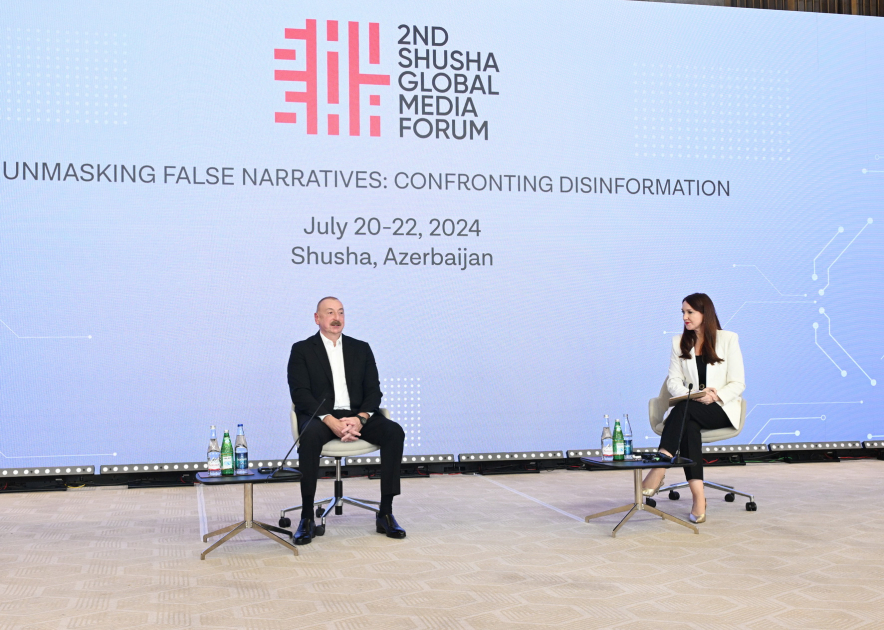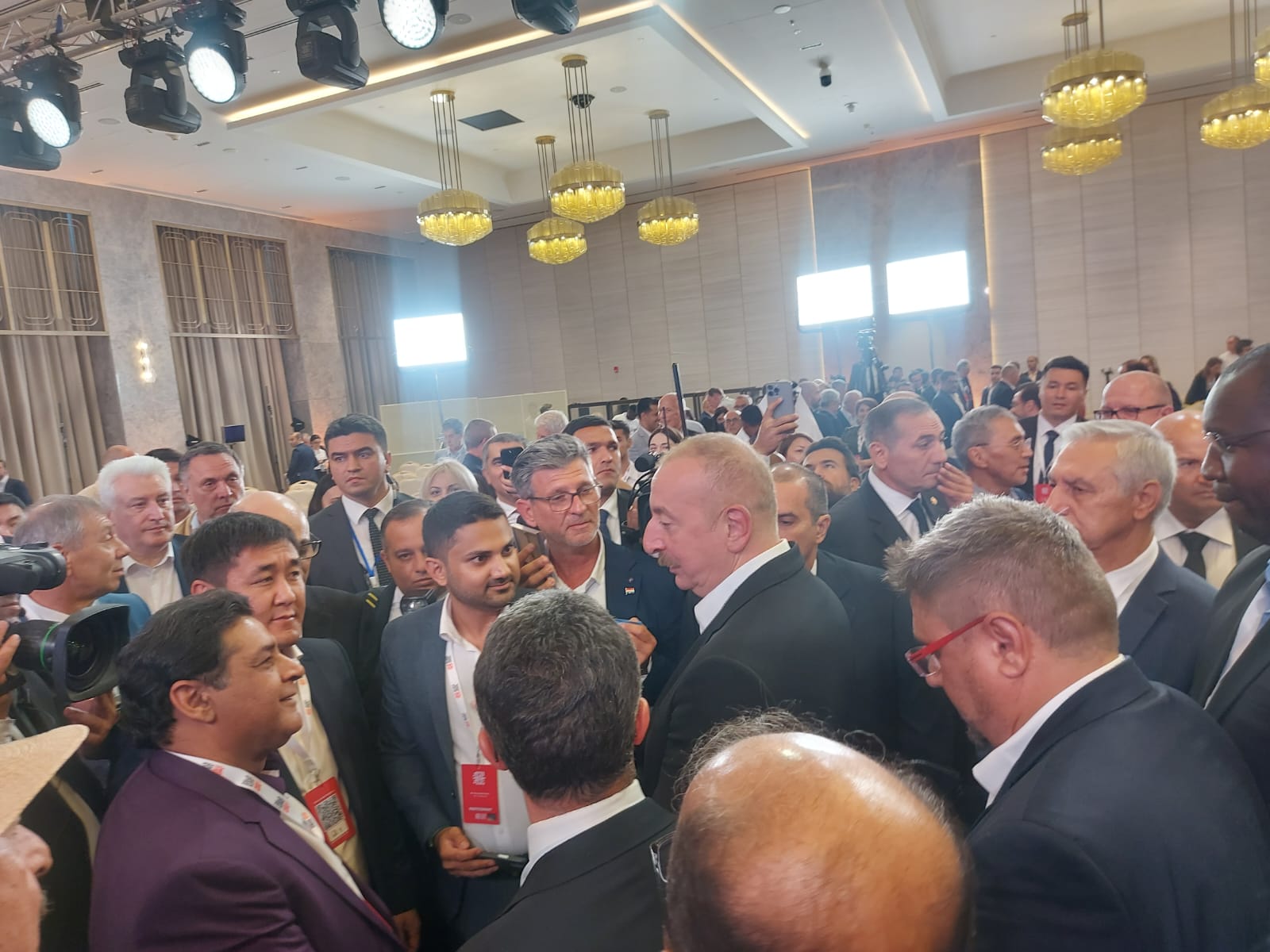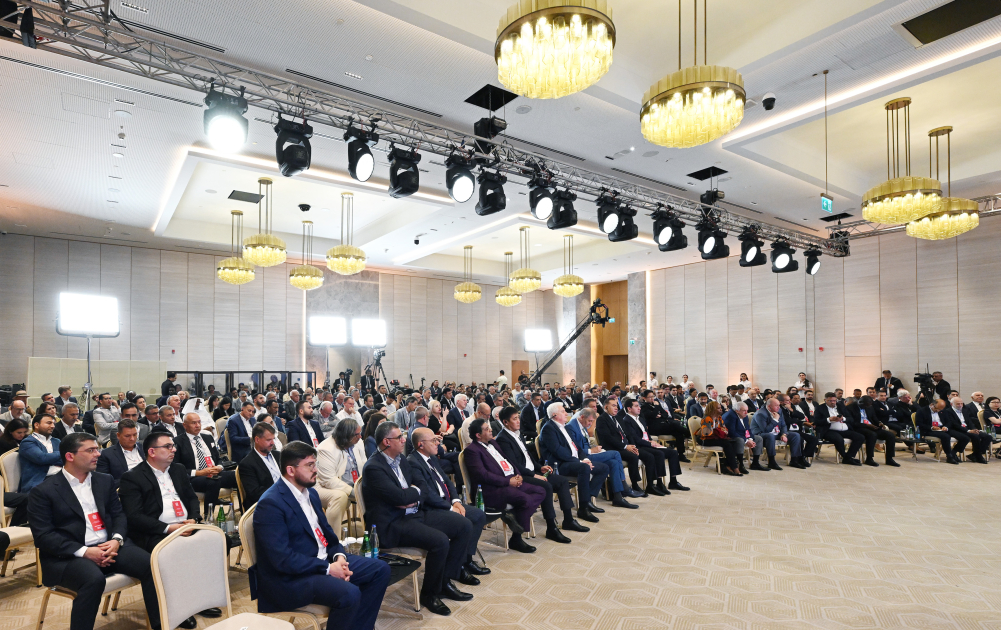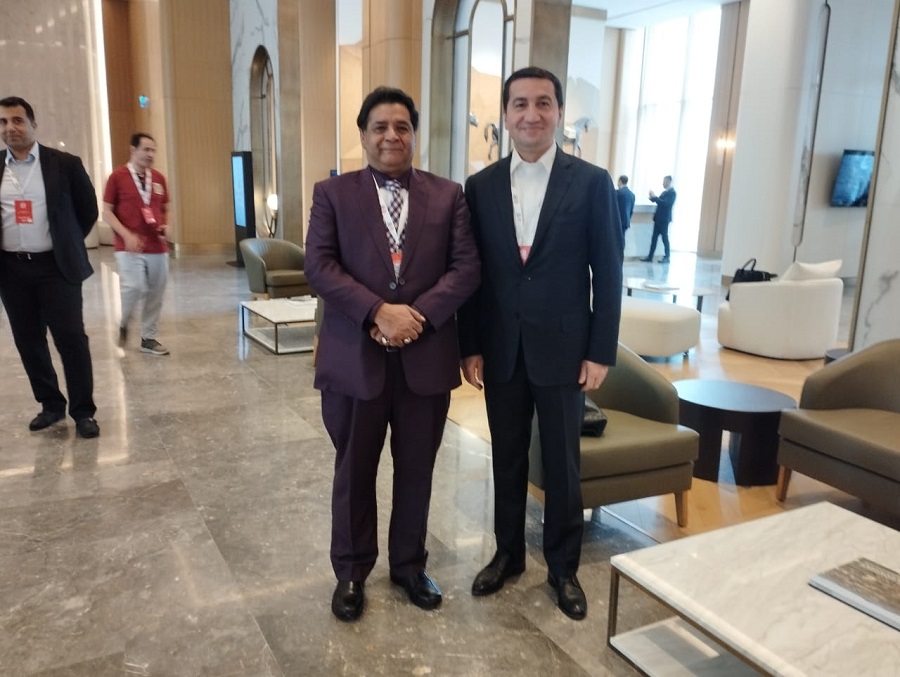By Agha Iqrar Haroon
Since the 1968 US Presidential election, Agenda-setting Theory is a popular academic work proposed by Maxwell McCombs and Donald Lewis Shaw to look at the media sphere and to understand the degree to which the media controls public opinion.
The theory suggests that media has a great influence on their audience by implanting what they should think about, instead of what they think. If a news item is covered frequently and prominently, the audience will regard the issue as more important than they think. There are several theories available on how the ‘soft power’— the media is used before the ‘hard power—the physical conflict is launched in societies and countries. Recent examples from history are such as “dirty bomb in Afghanistan” and “weapons of mass destruction in Iraq”. Agenda setting occurs through a cognitive process known as “accessibility” which implies the frequency and prominence of news media coverage significantly influences the accessibility of specific issues within the audience’s memory.
The agenda-setting effect does not stem from just one or a few messages but instead is due to the collective impact of a very large number of messages, each of which has a different content but all of which target the same general issue. This is what actually what the syndicated Western media actually do through highly famous tools like AFP, Reuters, AP, CNN, BBC, DW, New York Times, Washington Post, Wall Street Journal, and many such Western media outlets. Written texts, visual pictures, and audiovisual media like movies and television programs are used in a deliberated and syndicated way to achieve the results of these media outlets. We journalists of developing countries understand how are we influenced but fewer among us dare to talk about or decipher this ‘media war’ against developing countries. Raising a voice against this manipulation of Western media needs resources for research, data collection, producing content, and platforms to spread the alternative narrative developing countries always lack such resources except for two available podiums Al-Jazeera and TRT and both are providing platforms for alternative sources of information. However western media consortium is too strong that can be confronted only with two such platforms. I believe the third platform has been provided by Azerbaijan through holding an annual Shusha Global Media Forum where media practitioners, academicians, and researchers gather and share their knowledge and figure out how Western media syndicates are playing havoc with the fate and destiny of developing worlds.
I had an opportunity to attend the Second Shusha Global Media Forum from July 20-22 which was opened by a three-hour candid discussion of President Azerbaijan with media practitioners. The sessions included “Impact Assessment: Understanding the Reach of Disinformation”, “Policy and Initiatives to Build More Resilient Society to Disinformation”, “AI’s Impact on Reality, Media, and Disinformation: Promoting Media Literacy” and Climate Action and Media: Presentation on “Solidarity for the Green World – COP29”. The Forum was attended by 125 media entities and 250 practitioners from 50 countries so one can understand that it was a historic opportunity to gather journalism-related knowledge and the pinnacle of the event was the beginning of the event —the talk of the President with participants.

He explained how the Western media plays with the fates of nations by manipulating the truth and portraying ‘victims as aggressors’. His conversation with the media iota of doubt explained how Western media follow double standards, duality, and hypocrisy against those developing countries such as Azerbaijan who wish to follow independent foreign policy and consider their sovereignty the top priority.
Talking about fake news and misuse of artificial intelligence, he was of the view that information manipulation causes irreparable harm to human relationships, human dignity, or a person’s reputation. “There are many examples when public figures were outrageously discredited with various fake videos, visual or audio. This is no longer just fake news, it is a serious threat to life, the safety of societies, countries, individuals, their integrity, privacy, etc. I hope that an international mechanism can be developed (to mitigate fake news). And this will not be perceived in any way as some kind of infringement of the freedom of speech, etc. – an international mechanism either at the level of an international organization, the UN, I don’t know, the G20, or some key countries in order to put an end to this. This (fake news) is a huge threat”, President Ilham Aliyev maintained.

Moreover, the speech of the Assistant to the President of the Republic of Azerbaijan, Head of the Foreign Policy Department of the Presidential Administration, was quite categorical about what developing countries like Azerbaijan faced from certain Western media outlets. He was of the view that disinformation is not a new phenomenon and Information is a very powerful tool, while the key question is how it is being used. The most dangerous thing is that disinformation has turned into manipulation and psychological warfare against the people of Azerbaijan. He noted that disinformation can be a means for certain groups to achieve their goals and lead to wars. The main victims of disinformation are the media and journalists.

While giving examples of media manipulation he cited that when Azerbaijan’s lands were under occupation, the foreign media portrayed the story from a different angle, namely: “Some foreign media outlets claimed that we (Azerbaijan) allegedly committed crimes against Armenia, and it is them who faced occupation. However, we have consistently used refutation tools. Through official statements and press conferences, we delivered accurate information and truth to the world. Our media has played a crucial role in this regard”, he added.
Developing countries by taking the lead from Azerbaijan should also man their embassies with media experts and hardworking diplomats
Several discussions were held in this three-day Forum and some interesting and thoughtful pointers came from Jaffar Hasnain (TRT News), Mikhail Gusman (TASS News Agency), Montaser Marai (AL JAZEERA Media Institute), Valeria Giannotta (CESPI), and Leslie Richer (African Union Commission).

The message that I brought from this eventful event is that developing countries must join hands to establish a consortium of media experts, pour resources, share knowledge, lend expertise, and collaborate to mitigate the onslaught of the false narrative building by the Western world and every country must grow its state-run media as Azerbaijan has done in the shape of its News Agency Azertac that had been providing Azerbaijani viewpoint 24/7 during 44-day Patriotic War and always take lead to distribute Azerbaijani narrative to thousands of media outlets all over the world. Furthermore, developing countries by taking the lead from Azerbaijan should also man their embassies with media experts and hardworking diplomats because my background talks with journalists who came from 50 countries testified that Azerbaijani embassies are proactive, keen, and expert in spreading their news in host countries. Investment in hard power (military-grade weaponry) is a ‘Must’ for survival but forgetting to fight soft power (media war) is dangerous in the world we live in.
